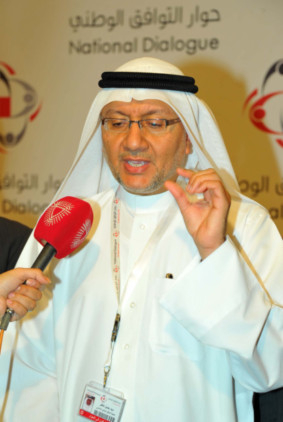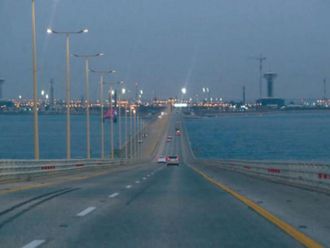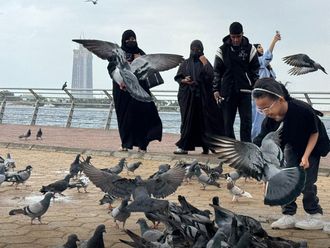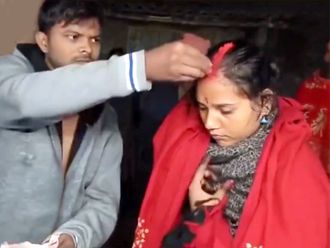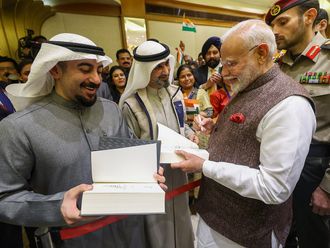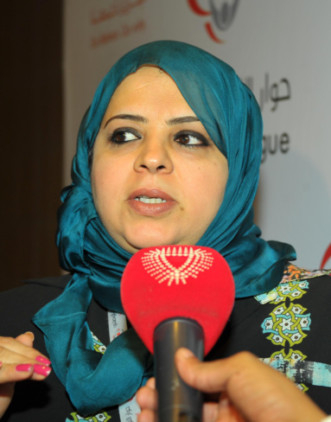
Manama: A new round of talks has failed to break a ten-week impasse on setting a much anticipated agenda for the national dialogue in Bahrain.
With neither of the two coalitions of political societies offering a compromise, sharp disagreements over major issues remained unsettled after 14 rounds of talks amid a growing frustration by the public at the flagrant inability to break the deadlock.
“The arguments aired at the previous sessions persisted at the latest round,” Dalal Al Zayed, a parliamentarian from the upper chamber, said on Sunday evening as she left the Shaikh Eisa Cultural Centre where the talks were held. “The main difference this time is about what to do with the results of the dialogue. The opposition insists on referring the outcome to the king who will call for a referendum while the parliamentarians want the king to exercise his prerogatives and decide on what should be done,” she said.
Dalal, a lawyer by formation, said that endorsing the view of the opposition on holding a referendum would carry high risks if no precautionary guarantees have not been set.
“We have first to make sure that citizens do not come under strong pressures that will influence their vote,” she said. “We want guarantees that there will be no religious interference in the referendum. We have been through the experience of powerful religious interference that directed people on how to vote and we do not want any form of religious tutelage. We are all aware of the significance of religious discourses in the lives of Bahrainis.”
Lateefa Al Gaood, the first woman to be elected to parliament in the Gulf, said that a referendum would leave the people at the mercy of religious leaders.
“Look at what happened to the Jaafari (Shiite) family status law. If this law is put up for a referendum, it will not be accepted. Religious people will not endorse it,” she said.
Bahrain has passed a law regulating the family status for the Sunnis, but has not been able to move forward with the status for the Shiites amid strong opposition from religious leaders who said that the authorities and the parliament had no right to make such a move.
“We want to maintain a civil state and not turn into a religious state that is a copy of other countries. Not all issues should be referred to a referendum while issues related to amending laws should be handed over to constitutional and legislative institutions, such as the parliament,” she said.
However, Jameel Kadhem, the spokesperson for the opposition of the coalition, an umbrella for five societies, insisted on a role for the people.
“We see that the people are the source of all power and this means that they should be consulted on crucial issues such as the formation of the three branches of the state, amendments and the prerogatives of the parliament,” he said.
“There are several ways to influence voters, and not just religion. There are the influences of politics and political money as well. All these can influence the voter’s choice,” he said.


